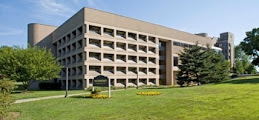Adele Bernhard, Associate Professor of Law at the Pace University School of Law, has recently published A Short Overview of the Statutory Remedies for the Wrongly Convicted: What Works, What Doesn't and Why, in the Boston University Public Interest Law Journal.
Adele Bernhard, A Short Overview of the Statutory Remedies for the Wrongly Convicted: What Works, What Doesn't and Why, 18 B. U. PUB. INT. L. J. 403 (2009).
Since the first wrongful conviction was overturned by DNA evidence, more than 230 wrongly convicted individuals have been exonerated. For most, the long awaited and hard won exoneration is the beginning of a new struggle. Exonerees face insuperable hurdles upon release. Lacking recent employment history or experience, work is difficult to secure. Without education or funds, most can’t access necessary counseling or relevant training. Often without family, they live alone and lonely.2 Money alone can never repair damage done by an undeserved prison sentence or fully compensate for pain and suffering. A monetary award, however, does provide a springboard from which to begin life again.
Adele Bernhard, A Short Overview of the Statutory Remedies for the Wrongly Convicted: What Works, What Doesn't and Why, 18 B. U. PUB. INT. L. J. 403 (2009).






No comments:
Post a Comment